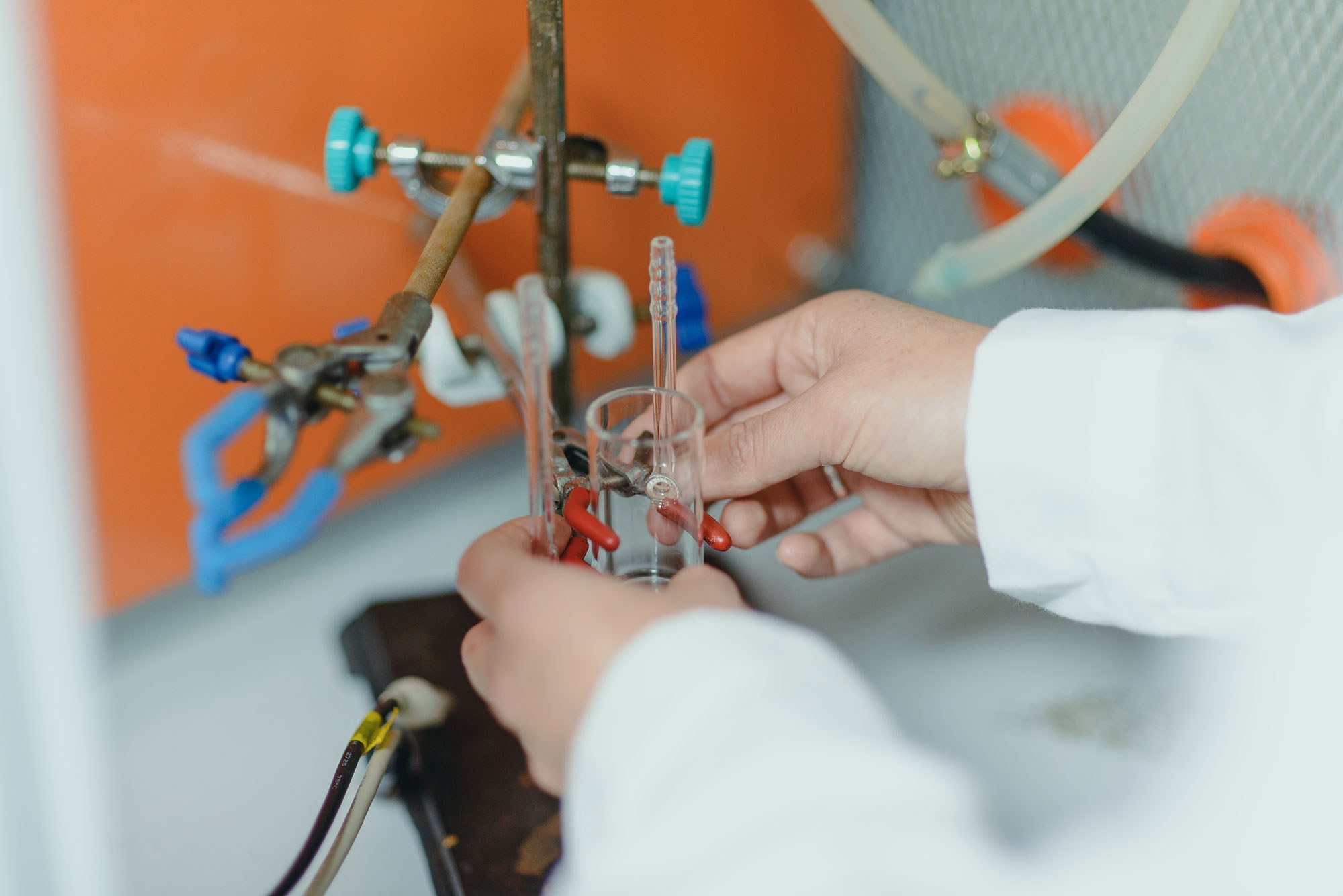Arriaza-Echanes, C., Velázquez-Tundidor, M. V., Angel-López, A., Norambuena, Á., Palay, F. E., Terraza, C. A., Tundidor-Camba, A., Ortiz, P. A. & Coll, D. (2023). Ionenes as Potential Phase Change Materials with Self-Healing Behavior. Polymers, 15(22), 4460. https://doi.org/10.3390/polym15224460
Abstract: Ionenes are poly(ionic liquids) (PILs) comprising a polymer backbone with ionic groups along the structure. Ionenes as solid–solid phase change materials are a recent research field, and some studies have demonstrated their potential in thermal dissipation into electronic devices. Eight ionenes obtained through Menshutkin reactions were synthesized and characterized. The analysis of the thermal tests allowed understanding of how the thermal properties of the polymers depend on the aliphatic nature of the dihalogenated monomer and the carbon chain length. The TGA studies concluded that the ionenes were thermally stable with T10% above 420 °C. The DSC tests showed that the prepared ionenes presented solid–solid transitions, and no melting temperature was appreciated, which rules out the possibility of solid–liquid transitions. All ionenes were soluble in common polar aprotic solvents. The hydrophilicity of the synthesized ionenes was studied by the contact angle method, and their total surface energy was calculated. Self-healing behavior was preliminarily explored using a selected sample. Our studies show that the prepared ionenes exhibit properties that make them potential candidates for applications as solid–solid phase change materials.


